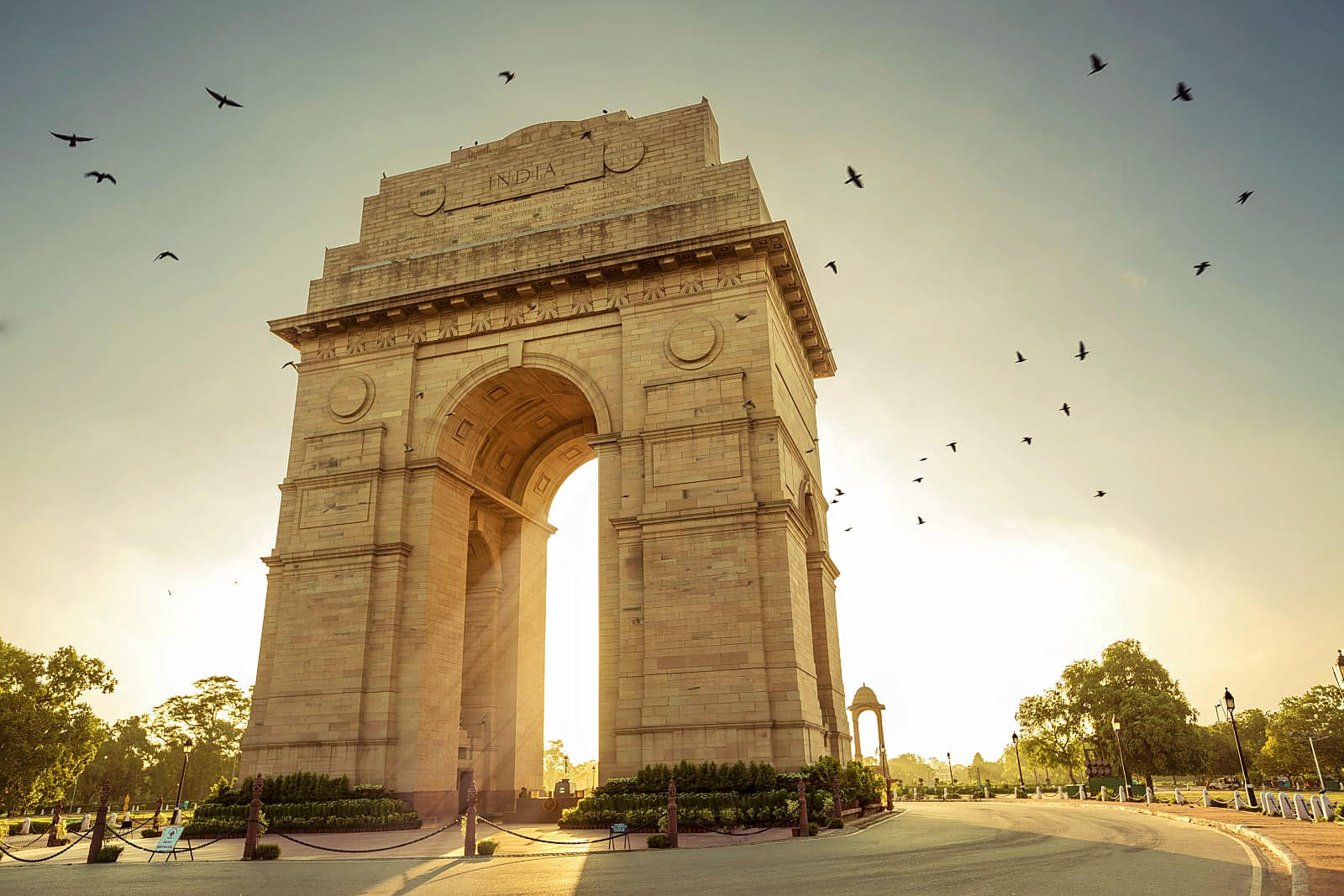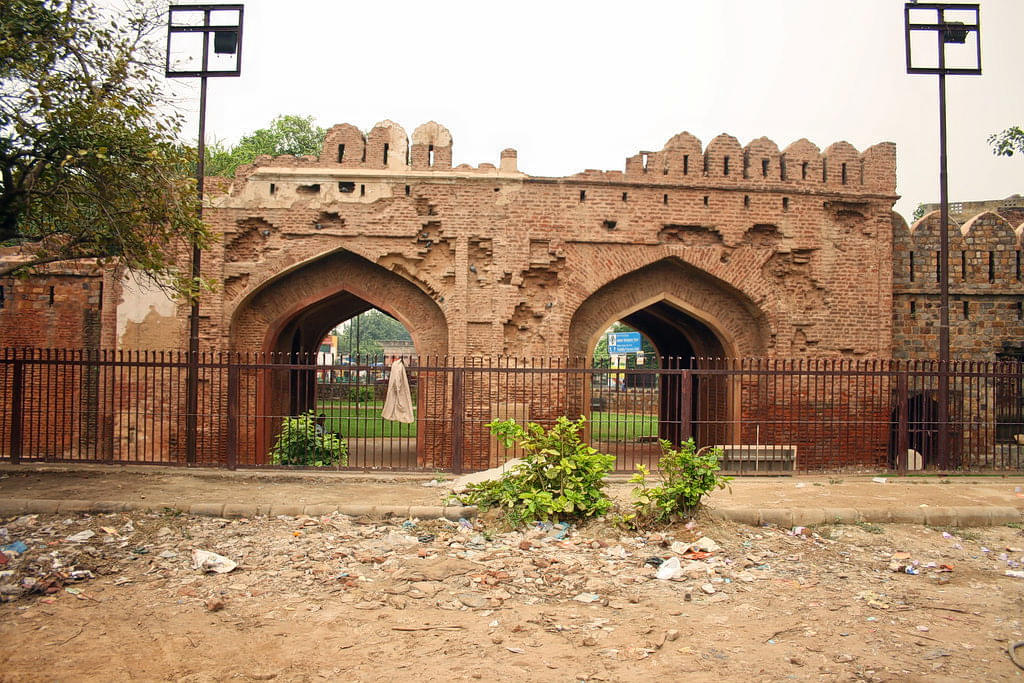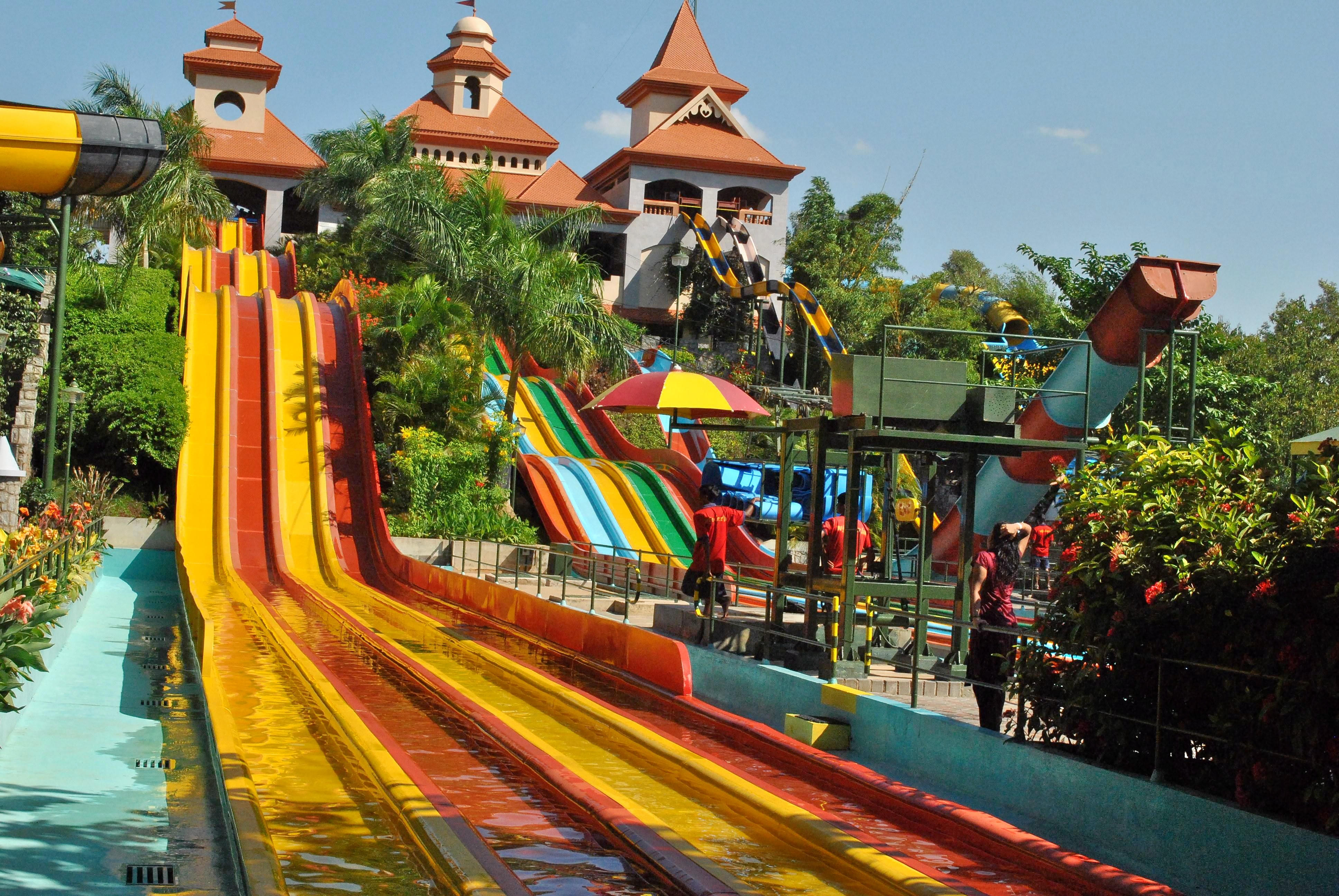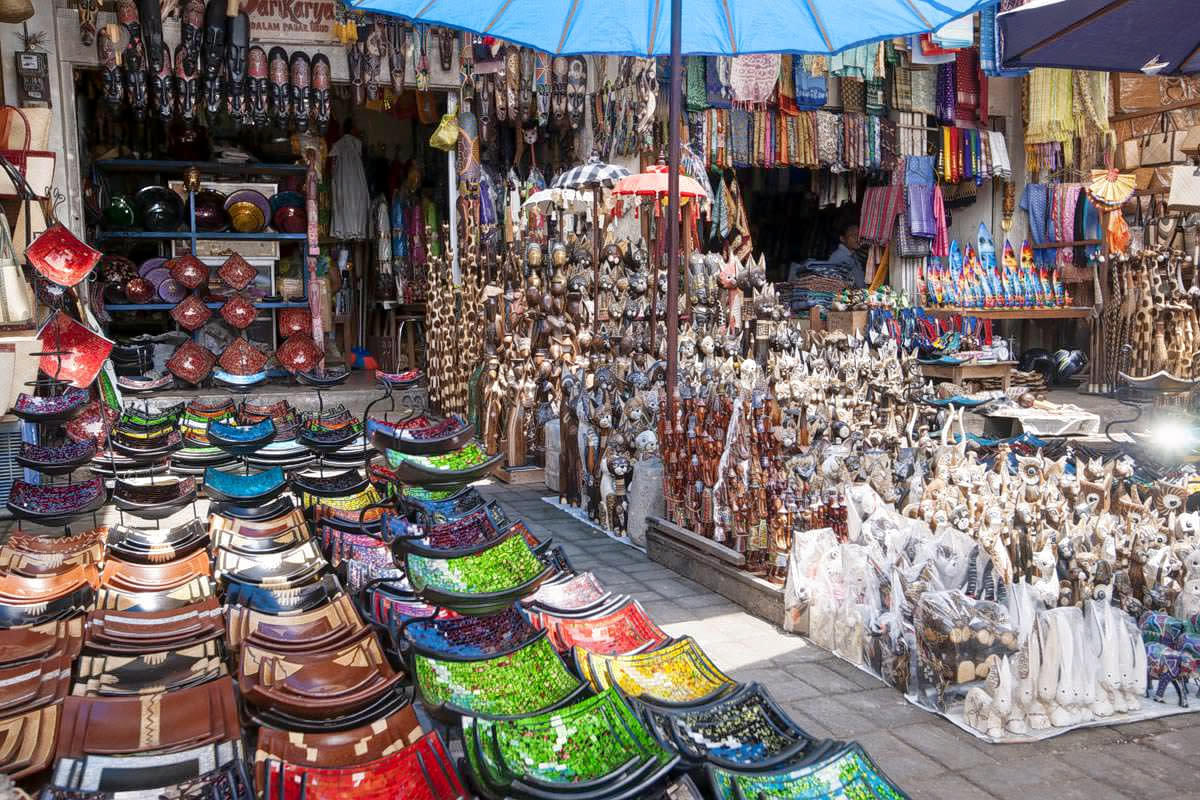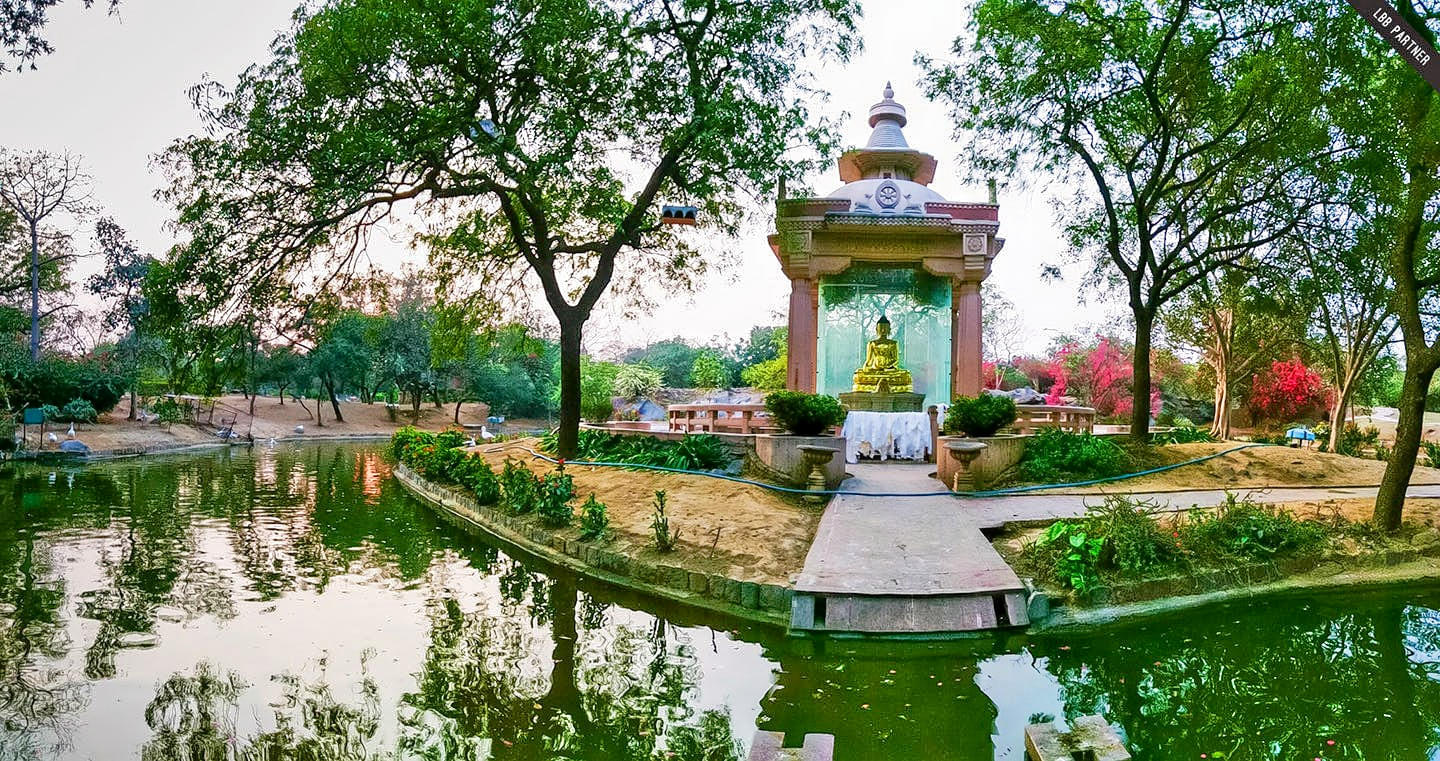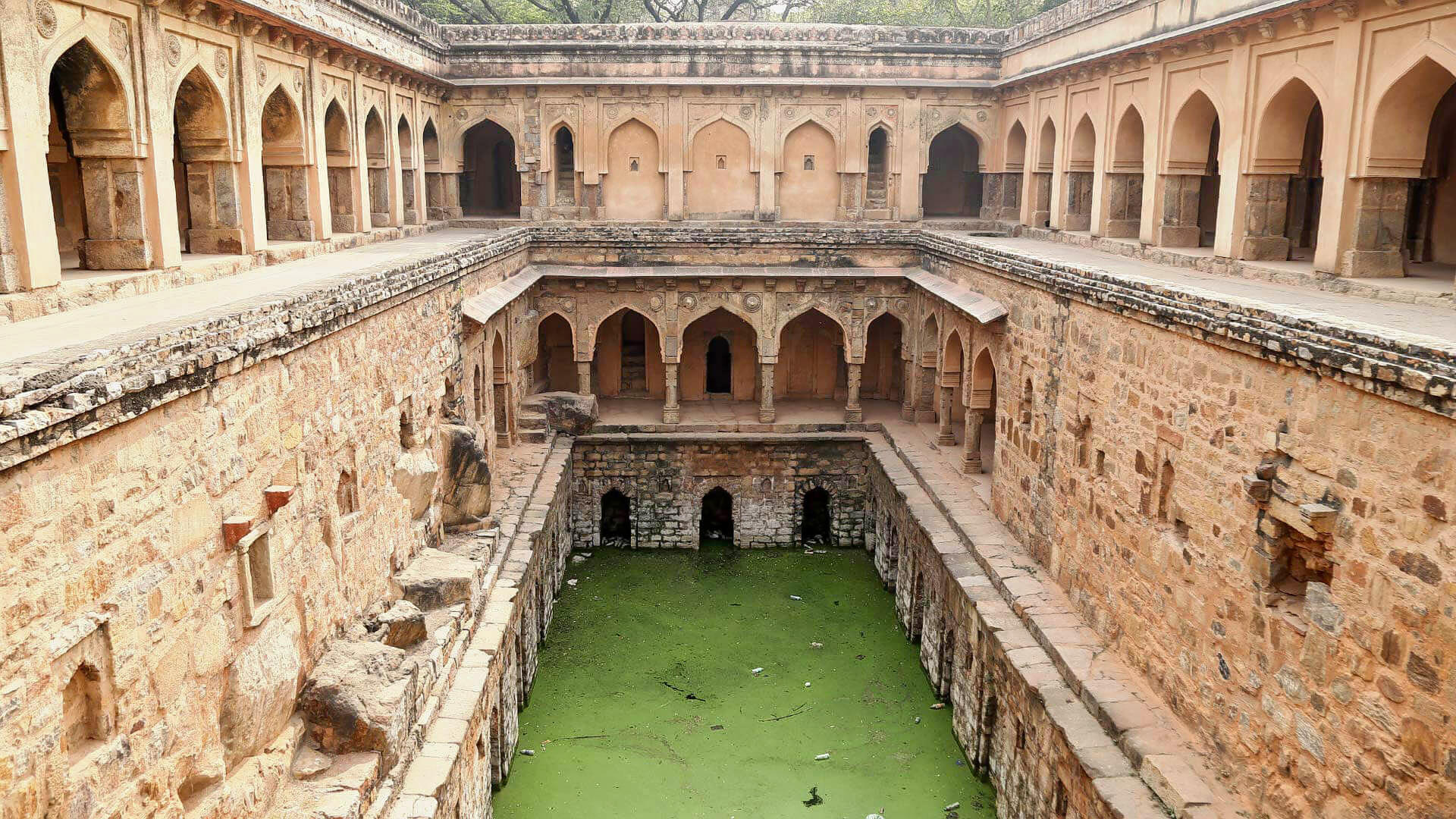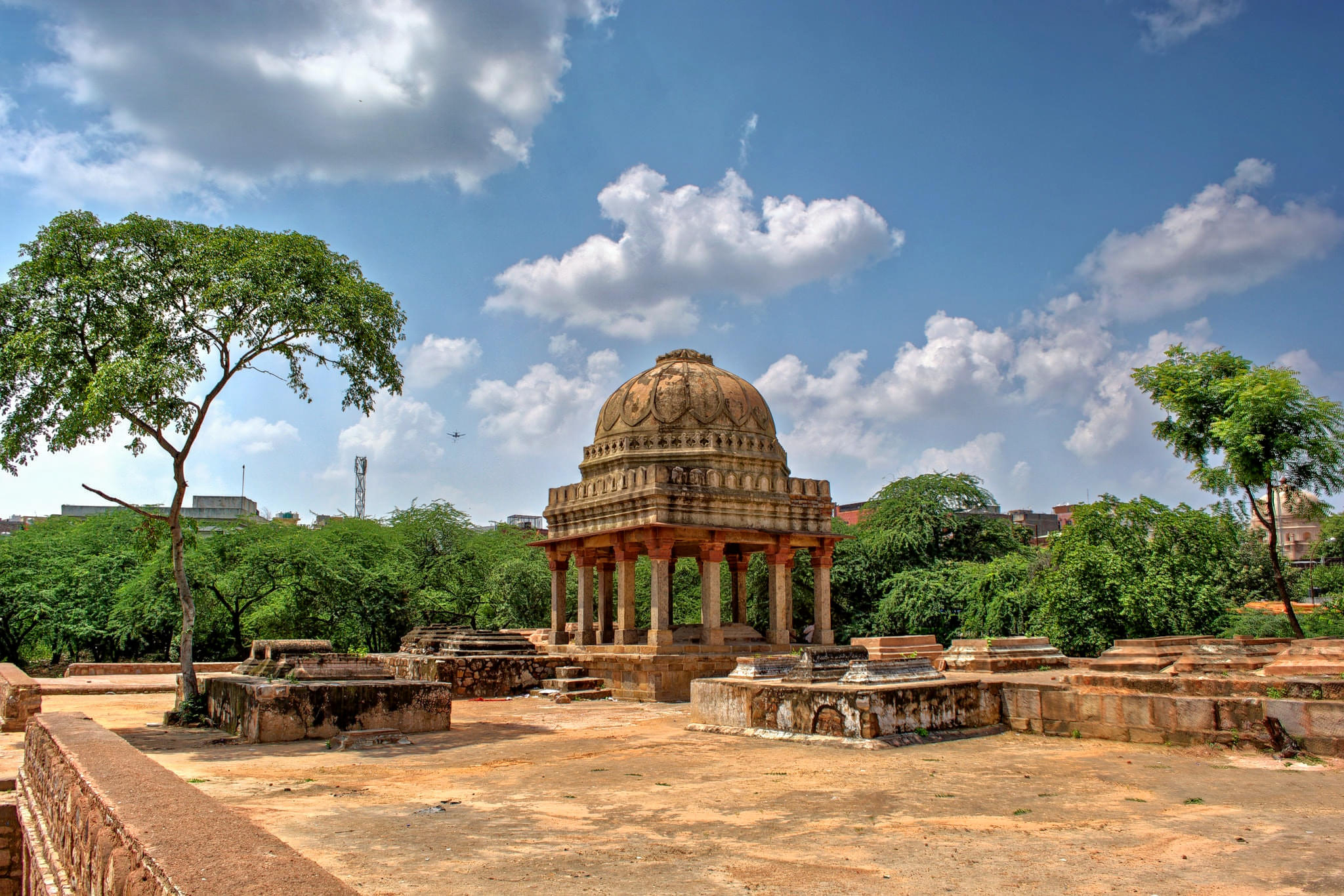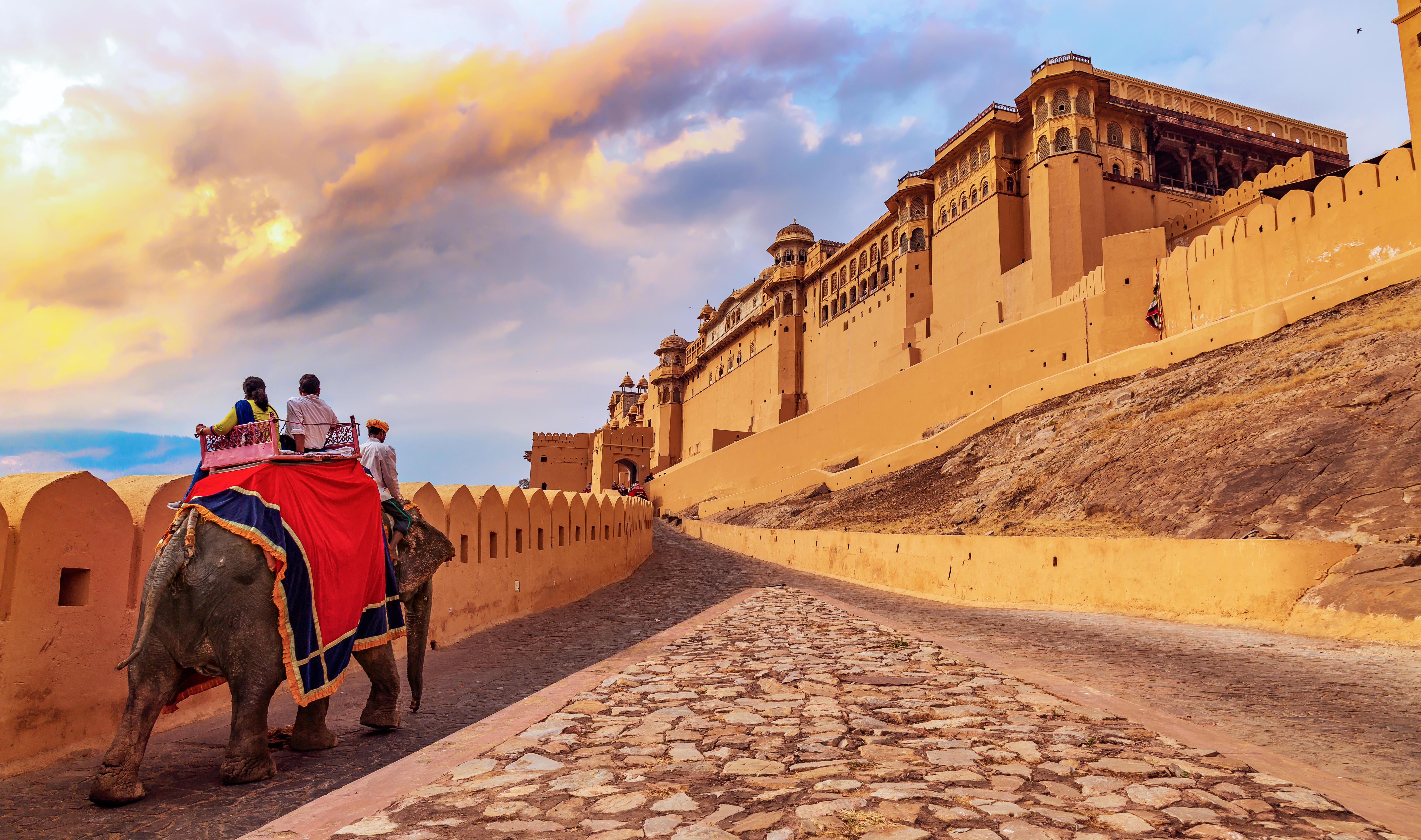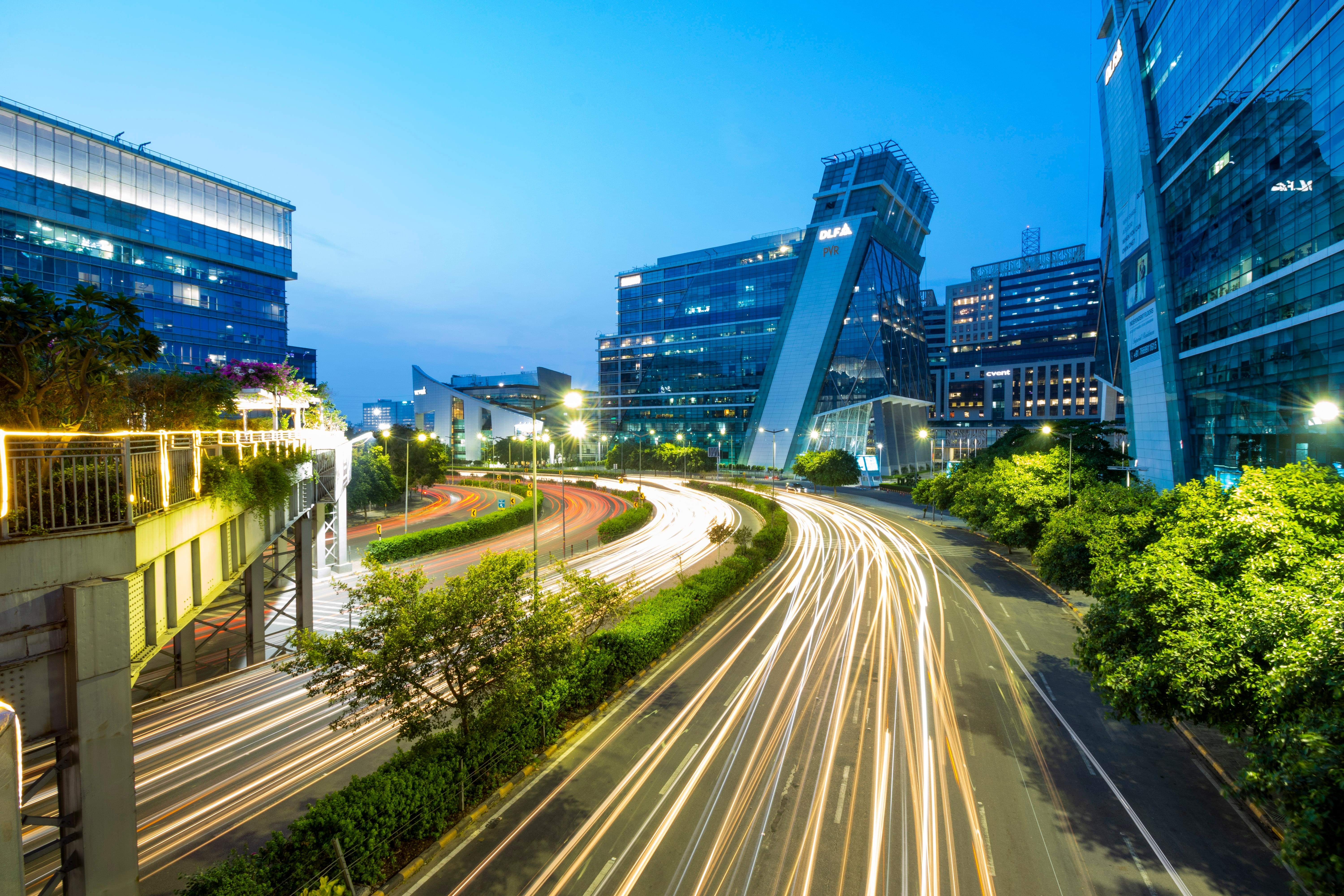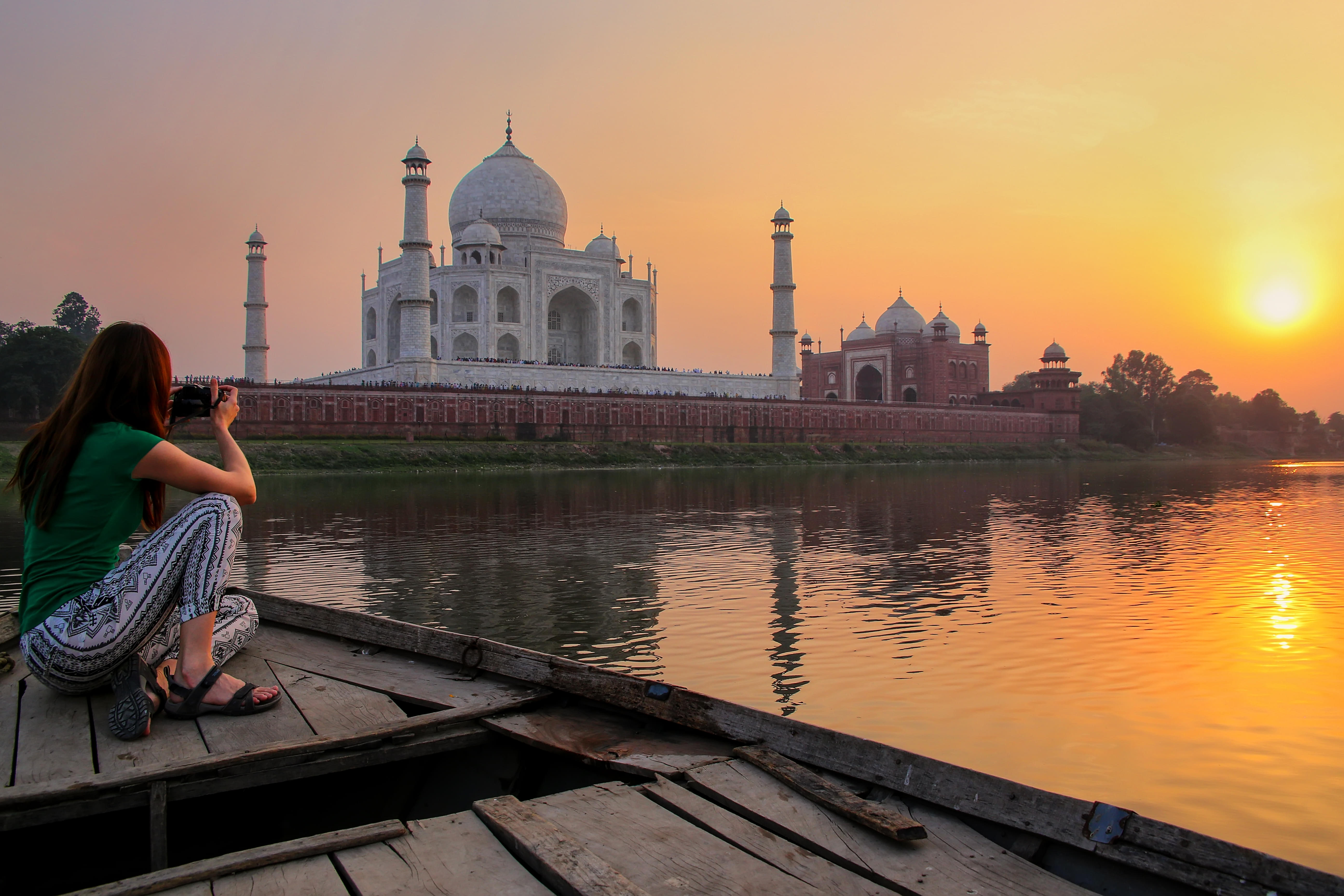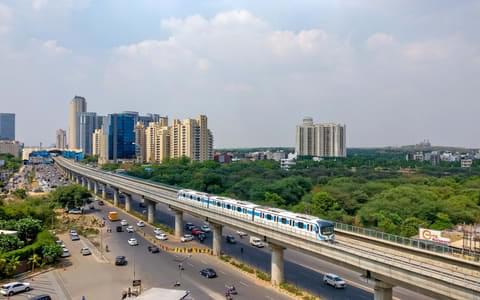About India Gate
India Gate is one of the politically and historically significant places in Delhi. It is represented as an All India War Memorial as it displays its grandeur to honor the martyrdom of valor fore-taken by the India Army. It was constructed as a war memorial by the British Raj in order to pay tribute to the martyrdom of British Indian Army during the First World War. The deemed designer of this structure was Sir Edwin Lutyens. The foundation of this structure was laid in the year 1921. After ten years of planning and construction, it was finally inaugurated by the then Viceroy of India Sir Lord Irwin in February 1931.
Now, it is seen as an honorary monument not only to the 72,000 soldiers who were martyred in the First World War, but also 13,300 servicemen who fought in the Anglo-Afghan War that later came to be known as the Bangladesh Liberal War. Within the premises of India Gate lies Amar Jawan Jyoti, or the Flame of Immortal Soldier that remains constantly flamed or lit up as a gesture of respect and honor to the martyrs. There is a huge parade that crosses India Gate on Republic Day to honor this tradition.
A canopy is situated at an area about 150 meters from the Gate. The architecture of this canopy was inspired from that of Mahabalipuram pavilions in the 6th century, thus embarking a journey of decadence. The canopy constitutes of a dome, and four pillars with ornate architecture.
However, the original structure constructed at the site of the canopy was that of King George V, the then Emperor of India. It encountered a lot of opposition after independence, and the statue was then placed with the other ancient ruins of pre-independent India. India Gate is a galore of independent India which salutes the brave martyrs for their endless sacrifices.
Amar Jawan Jyoti
The Flame of Immortal Soldier or Amar Jawan Jyoti is a black marble shrine constructed below India Gate, which has a flame burning inside it at all times. The flame pays tribute to the veteran soldiers who were martyred during the Bangladesh Liberation War between India and Pakistan in the year 1971.
The black cenotaph decorating the structure has the words ‘Amar Jawan’ inscribed on it in gold on its four walls. An inverted L1A1 rifle and a soldiers built at the top of the cenotaph honors the soldiers. This memorial is under surveillance 24/7 by soldiers from the Indian Navy, Indian Army and Indian Air Force.
History of India Gate
India Gate began its construction in the year 1921 under British Colonialism. Essentially, the idea behind its construction was to build a memoir to pay respect to British and Indian soldiers who will be martyred during the First World War.
The foundation of the war memorial was laid by the then Duke of Connaught on 10th February 1921. After 10 years, Lord Irwin, the Viceroy of India, inaugurated the memorial on 12th February 1931. Ideally, it was built to eternally represent the sacrifice of soldiers made out of nationalism and noble respect for their country.
The architecture of India Gate
India Gate poses as a remarkable war memorial, whose foundation was laid in the year 1921 and was inaugurated ten years later in 1931. The architectural style of India Gate is similar to that of a cenotaph. In the then Britain, cenotaphs were free of any form of religious association and thus were accepted as an honorary tribute to martyrdom. India Gate lies on the eastern end of the Rajpath Road and stands at a height of 42 meters.
The material used to construct this monument is Red Bharatpur Stone. The entire shape of the structure is in a hexagon and covers an area of 3,06,000 square meters. There are two danity fountains on either side of the India Gate that compliment its sense of grandeur.
There is a canopy that stands at about 150 meters from the Gate. Supported by four pillars, the dome on the canopy is said to be inspired by 6th-century architectural styles popular in Mahabalipuram. A statue of George V stands under the dome of the canopy. However, in 1960 after gaining independence, the statue was removed and placed with other architectural monuments of the British Era. The canopy still stands to decorate the surroundings.
How To Reach India Gate
India Gate is located at a distance of 18 km from the Delhi Airport and can be covered in 30 minutes. The easiest and most convenient way to cover this distance is either by hiring taxis that are available right outside the airport or getting an online cab from the airport.
DTC buses are connecting India Gate to the airport to make your journey easier. Catching a metro may be time consuming, and you will have to go out of your way for this journey. You can also catch auto-rickshaws to this war memorial.
Best Time To Visit India Gate
The best time to visit India Gate is in spring from February to April and in autumn from August to November. Winters and summers experience extreme temperatures thus making sightseeing difficult.
On the other hand, during spring, the temperature remains constant, and the flowers are blooming in the area around the Gate. During autumn, the aura around India Gate is pleasant and upholstering, thus making this time appropriate for visits. Monsoons in Delhi experience bountiful and unpredictable rainfall, thus restricting outdoor activities.
India Gate Other Essential Information
- Location: India Gate is located in New Delhi, the capital of India.
- Address: Rajpath, India Gate, New Delhi, Delhi, 110001, India
- Timings: India Gate is open for visits throughout the week. The timings for its visits are:Monday to Sunday: 12:00 AM – 12:00 PM
- Entry Fee: There is no entry fee for visiting India Gate.
Places to eat near India Gate
Being a popular tourist destination, India Gate is surrounded by eateries, cafes, and restaurants serving the crème de la crème of Indian and foreign cuisines. Here is a list of some of the most popular restaurants around India Gate that are worth a visit:
1. Fuji Japanese Restaurant- If you are in the mood for exotic Japanese food, then Fuji Japanese Restaurant is where you should go. Their ambiance, décor, and interiors all collaborate to having an authentic culinary experience. They serve sushi laid out on a marvelous platter, and people visit the place especially for their Rainbow Rolls, which contain salmon, tuna, avocado, and yellowtail.
Location: Speedbird House M - 41/2, Middle Circle, Connaught Place, New Delhi 110001, India
Distance from India Gate: 1.6 km
2. Classic Chicken- Classic Chicken is a haven for chicken fanatics! Their tandoori chicken and Afghani chicken are extremely popular among the foodies. However, chicken isn’t their only specialty. You can also try mutton and egg dishes with rotis with a proportionate amount of spices. They have a repertoire of exotic Delhi delicacies that arrest the attention of many.
Location: 4/8 Doctor Lane, Near HDFC Bank Branch, Gole Market, New Delhi 110001, India
Distance from India Gate: 0.1 km
3. Odeon Sweets- Unlike its name, Odeon Sweets isn’t just a resort to scrumptious dessert but also some of the best varieties of street food like chole bhature and chaats. After an explosion of spices in your mouth, you can resort to the sweetest of treats like gulab jamun, ras malaise and ladoos to have a bountiful meal.
Location: 22 Bhagat Singh Marg, Near Bhagat Singh Market, Gole Market, Near Bhagat Singh Market, New Delhi 110001, India
Distance from India Gate: 0.1 km
4. Bhowani Junction- Bhowani Junction is a popular breakfast place that attracts tourists en route back from a breath-taking visit of India Gate. Their breakfast platter includes dosas, parathas with curd and chutney, and omelets. They play some music in the background to add on to your culinary experience.
Location: Ground Floor, The Connaught Hotel 37 Shaheed Bhagat Singh Marg, Shahid Bhagat Singh Marg, Connaught Place, New Delhi 110001, India
Distance from India Gate: 0.1 km
5. Subhash Sweet- Subhash Sweet is the best resort to try Indian sweets and desserts at their best. They serve rasgulla and ras malai both on the spot and to go, and promise a delightful bite into spicy samosas and kachoris.
Location: 42 B, Gole Market, New Delhi 110001, India
Distance from India Gate: 0.1 km
Tourism Board Alliances
India Gate FAQs
Why India Gate is called India Gate?
Who built the India Gate?
However, it no longer symbolizes British valor after the power was handed back to India in the year 1947.
How many names are on India Gate?
What is written on India Gate?
The names have been inscribed on a square black marble surface on all four sides, atop which has been carved out a L1A1 rifle and a soldier's helmet.

